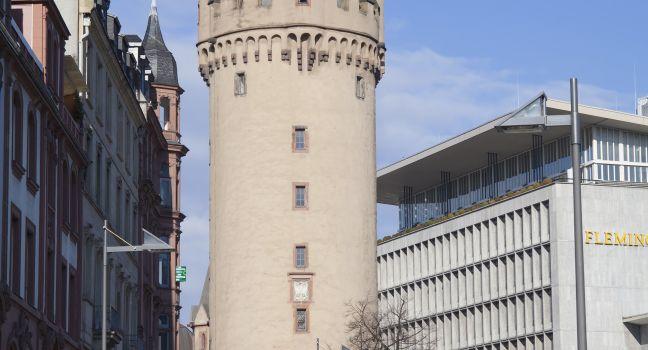Alter Jüdischer Friedhof
Containing hundreds of moss-covered gravestones, this cemetery was in use between the 13th- and mid-19th centuries and is one of the few reminders of prewar Jewish life in Frankfurt. Surprisingly, it suffered minimal vandalization in the Nazi era, even though its adjoining grand Börneplatz Synagogue was destroyed on Kristallnacht, in 1938. That space is now part of Museum Judengasse; ask the admissions desk for the key to open the vandal-proof steel gates to the cemetery. Mayer Amschel Rothschild, founder of the banking family, who died in 1812, is buried here, along with some family members (the Rothschild mansion is now the main Jewish Museum). The wall around the cemetery is dotted with more than 1,000 small memorial plaques, each with the name of a Jewish Frankfurter and the concentration camp where they died. The newer Jewish cemetery on Rat-Beil-Strasse in the North End contains more than 800 graves dating from 1828 to 1929, including that of Nobel Prize winner Paul Ehrlich. Free tours are offered every other Sunday and by appointment.




